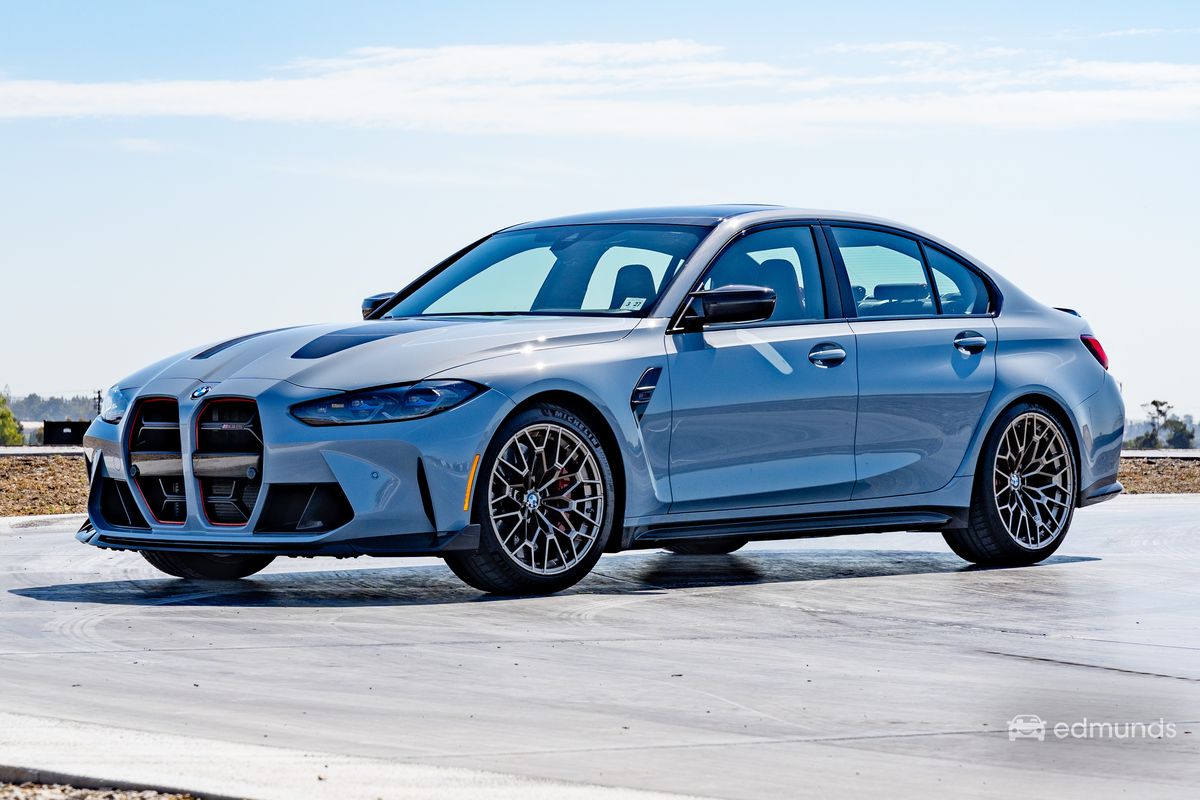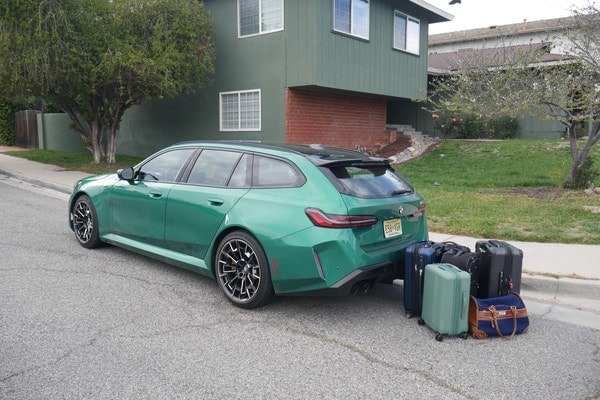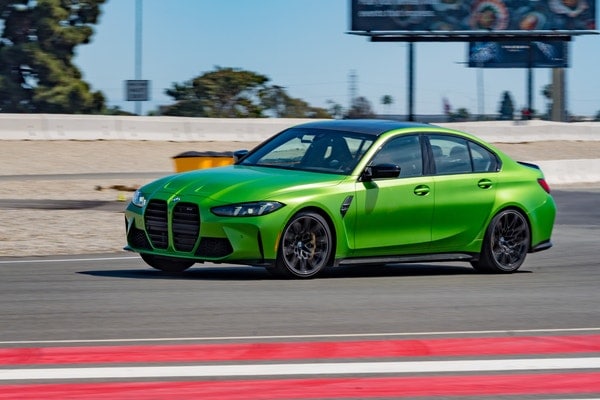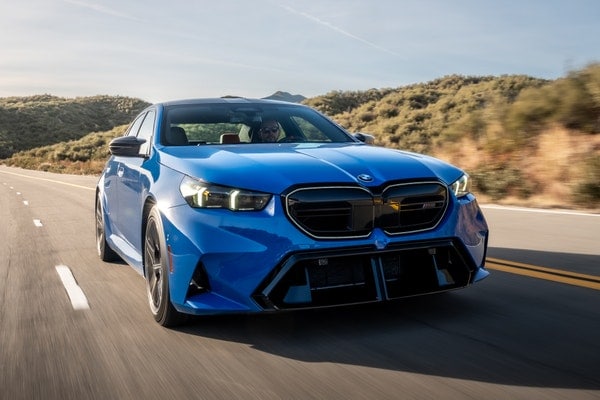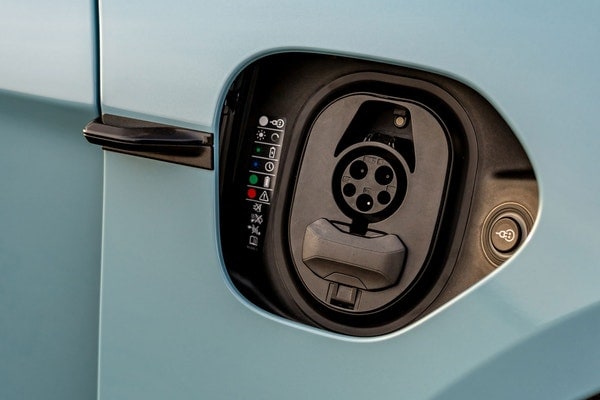All M3s are powered by a turbocharged 3.0-liter inline-six, but the transmission, drive type and output all vary depending on which trim you get. The base M3 pumps out a healthy 473 horsepower and 406 lb-ft of torque to the rear wheels via a six-speed manual. Upgrade to the Competition, and the engine produces 503 hp and 479 lb-ft. It's paired exclusively to an eight-speed automatic. The Competition xDrive alters the formula with an all-wheel-drive powertrain, though there is a rear-only mode hidden in the settings.
The M3 CS's powertrain is identical to that of the Competition xDrive, though output is bumped to 543 hp. The inclusion of the xDrive all-wheel-drive system stands in contrast to the rear-drive setup of the M4 CSL. Because xDrive is so efficient at putting power down to launch the car off the line, the M3 CS's zero-to-60 mph sprint time of 3.2 seconds is actually 0.4 second quicker than the M4 CSL despite the sedan being roughly 300 pounds heavier. At the same time, a carbon-fiber roof, carbon-fiber bucket seats and a CFRP hood, spoiler and interior trim all add up to a touted 75 pounds of weight savings compared to the M3 Competition xDrive.
BMW offers two brake options: the standard M Compound rotors, or a set of carbon-ceramic brakes that should resist fade on track days. They sit inside forged wheels (19 inches up front, 20 inches at the rear) wrapped in your choice of a traditional high-performance road tire or, as a no-cost option, Michelin Pilot Sport Cup 2s.
BMW engineers have also included a titanium exhaust and retuned the stability control system, adaptive dampers and steering to give the CS a unique and presumably harder-edged sound and feel compared to other M3 models.
